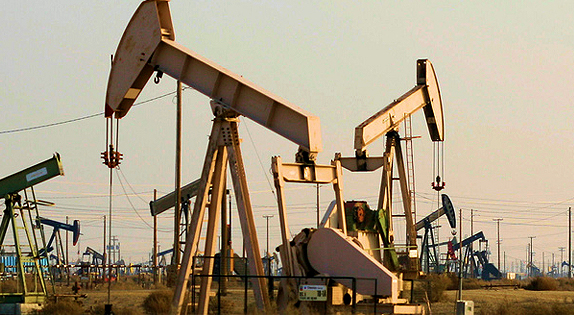
Recently the fossil fuel divestment campaign added to their numbers the heirs of John D. Rockefeller’s Standard Oil, when the great-great grandson and great granddaughter withdrew their funds from oil investments. This is the latest indication that in fact there will be a turning away from the current course of self-ruin, even by the petroleum industry’s own elite. When the Rockefellers decide to turn their (green)backs on oil and coal, we must ask if this will make it easier for others of their ilk to do the same.
It’s time for the calling-to-task to move beyond asking poor and middle-income people to “drive less” and “reduce your food miles” for the sake of our collective future. The Great Climate March on Washington and around the world demonstrated one thing clearly: the majority of us recognize that we have far more to lose to climate change than we have to gain by doing nothing. People are demanding action.
And yet the richest nations are mimicking most of the richest investors by sitting on their hands. The UN envoy and former Irish president, Mary Robinson, shared the news that the United States will, once again, not be contributing to the Green Climate Fund. The Fund will help poor countries transition away from fossil fuels and deal with their disproportionately greater share of climate change’s effects. In 2009, the world’s wealthiest nations committed to getting $100 billion into the Fund by 2020. The first threshold set is to reach $15 billion by this December. When the recent climate talks began, Germany and Sweden were the only nations to have made a significant contribution, pledging a combined $2.3 billion over the next four years; when the talks ended, France had pledged an additional $1 billion, the largest commitment yet. President Obama will need to explain why it remains enough for him to call on other wealthy-world leaders to “keep their ambitions high” while he snubs the world’s poor.
Divestment requires an active choice and short-term costs. It is a public demonstration of moral discernment and it makes the financial tycoons suddenly human actors making ethical distinctions. Of course, the Rockefellers and other divestors have taken the opportunity to point out that the choice to divest makes a lot of financial sense. The Green Climate Fund is likewise explicitly ethical, and is a pragmatic approach. The poorest nations are asking for help to adapt to climate change and reduce their growing emissions. How can we just stand by?
The richest nations’ overconsumption of global resources is something to reckon with. We, too, must change course. But there would be no sense in changing only the carbon consumption of the world’s wealthiest nations. We have no reason to believe that developing countries would choose a future any different than the one we have demonstrated and enabled for them. We must invest in better options for their development.
The reasoning goes like this: if Standard Oil, which spawned Exxon, Amoco and Chevron, is willing to reject the profits of petroleum, then so too should the US, as the highest per capita petroleum consuming nation, reject fossil fuel-based growth in poor countries. This is a matter of scale. It’s a matter of looking at the implications. If the world’s poor try taking the same route to economic development that we did, none of us will ever get through the coming impacts.
(Photo by Richard Masoner / CC)



Responses to “US Ignores Responsibility in Fossil Fuel Divestment”